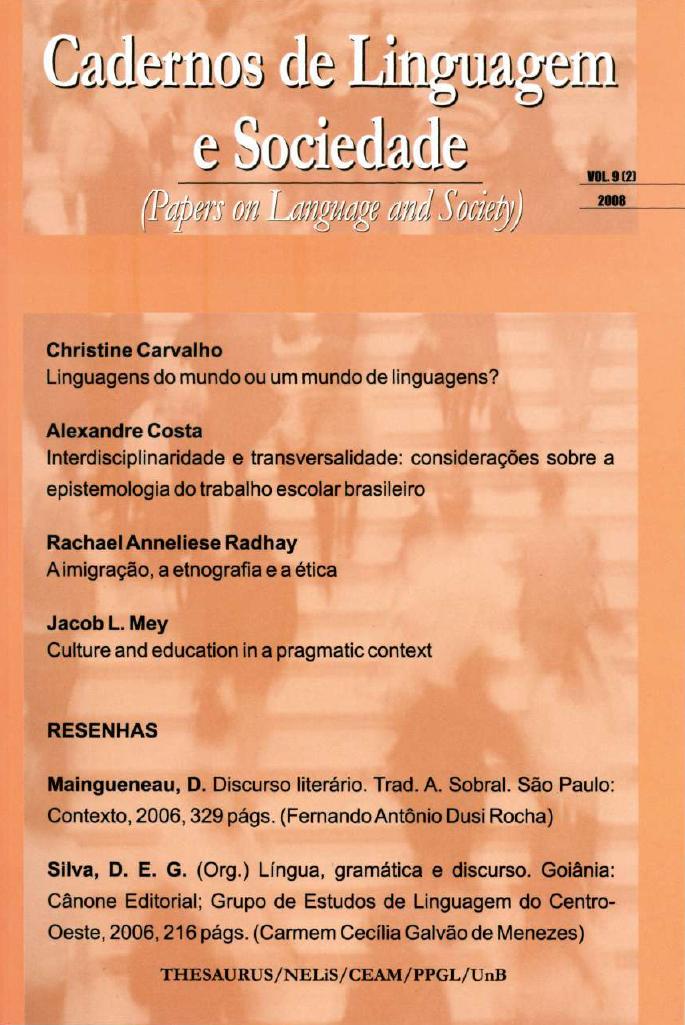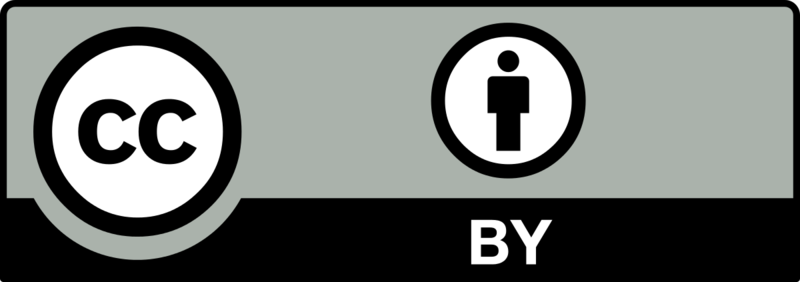Culture and education in a pragmatic context
DOI:
https://doi.org/10.26512/les.v9i2.9245Palavras-chave:
Discourse completion test. Bilingual education. Culture. Pragmatic acts.Resumo
One area where cultures clash is education. Over the years, we have been witness to such movements as ‘English Only’ in the US (originating in California and Florida, but now operating in a number of other states as well), or the acrimonious European disputes over how much of ‘foreign’ culture can be allowed into the school’s environment (head scarves on the playgrounds, religious symbols like crosses worn around the neck, prayer in the classrooms, and not least use of other languages than the ‘official’ one in teaching and socializing). Pragmatics, by placing the emphasis on the users of language in culture, defuses the potentially explosive elements in such clashes by stressing the need to respect the individual’s options in face of the collective cultural pressure. This is especially important in an area such as education, where schools have historically been used to propagate the ‘domestic’ culture over other cultures, the latter being considered as foreign imports. In a pragmatic view of education, teachers and students should be culture sharers, rather than the former considering themselves exclusively as the rightful owners and proprietary protectors of a culture along with its language
Downloads
Referências
Blum-Kulka, S., House, J. & Kasper, G. (Eds.). Cross-cultural pragmatics. Norwood, N.J: Ablex, 1989.
Cavalcanti, M. C. Collusion, resistance and reflexivity. Indigenous teacher education in Brazil. In: Heller, M. & Martin-Jones, M. (Eds.) 2000, pp. 317-333.
Goffman, E. Asylums. New York: Doubleday, 1961.
Heller, M. & Martin-Jones, M. (Eds.). Voices of authority. Education and linguistic difference. Westport, Conn.: Greenwood Press, 2000. (Contemporary Studies in Linguistics and Education, David Bloome & Jay Lemke, eds. Vol. 1).
Johnston, B., Kasper, G. and Ross, S. Effect of rejoinders in production questionnaires. Applied Linguistics, 19 (2): 157-182, 1998.
Kasper, G. Data collection in pragmatics research. In: Spencer-Oatey, H. (Ed.), Culturally speaking. Managing rapport through talk across cultures [Open Linguistics Series]. London & New York: Continuum, 2000, pp. 316-341.
Mey, J. L. Pragmatics. An introduction. 2nd ed. Oxford & Malden, Mass.: Blackwell, 2001. (1993)
Mey, J. L. Between culture and pragmatics. Scylla and Charybdis? The precarious condition of intercultural pragmatics. Intercultural Pragmatics, 1 (1): 27-48, 2004.
Mumby, D. K. & Stohl, C. Power and discourse in organization studies. Absence and the dialectic of control. Discourse and Society, 2 (3): 313-332, 1991.
Sasaki, M. Investigating EFL students’ production of speech acts. A comparison of production questionnaires and role plays. Journal of Pragmatics, 30 (4): 457-484, 1998.
Searle, J. R. Indirect speech acts. In: Cole, P. & Morgan, J. (Eds.) Syntax and semantics, Vol. 3: Speech acts, New York: Academic Press, 1975, pp. 59-82.
Yuan, Y. An inquiry into empirical pragmatics data-gathering methods. Written DCTs, oral DCTs, field notes, and natural conversations. Journal of Pragmatics, 33 (2): 271-292, 2001.
Downloads
Publicado
Como Citar
Edição
Seção
Licença
Autores/as que publicam nesta revista concordam com os seguintes termos:
Autores/as mantêm os direitos autorais e concedem à revista o direito de primeira publicação, sendo o trabalho simultaneamente licenciado sob a Creative Commons Attribution 4.0 International license que permite o compartilhamento do trabalho com reconhecimento da autoria do trabalho e publicação inicial nesta revista.



